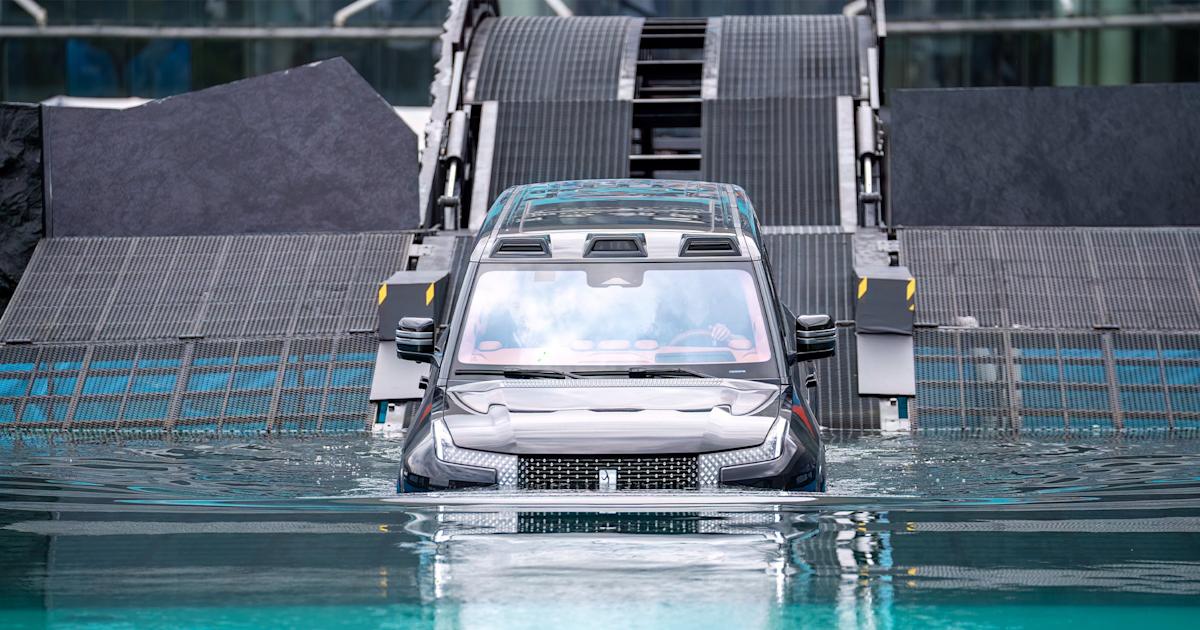China’s electric vehicle industry is, by most accounts, experiencing unprecedented boom times: the cars are cheaper, consumers more primed to purchase them, and there are lots of viable options outside of Tesla.
Unfortunately, that competition comes with a price — or rather, with a price war. As the New York Times reports, rabid competition among about 50 of the country’s top EV automakers has led to repeated price-slashing in a manic hunt for new buyers. As those manufacturers race to the bottom, it’s causing an immense financial squeeze: many have started having trouble paying their suppliers to meet demand, instead imploring state-run banks to help them build more factories.
In other words, it’s a startling reversal of expectations: in China, the world’s largest communist country, an unfettered free market is driving down prices so far that it’s threatening the auto sector; in the United States, which has long championed the capitalism, the auto industry is run entirely by established players, and required a massive bailout in late 2008 to keep it and the economy afloat.
Authorities in China, which does money and manufacturing very differently, are clearly hoping to avoid a similarly expensive and embarrassing crisis. The Chinese government has begun campaigning against what is, as the NYT reported in a July story about the issue, widely known there as “involution”: a cycle of excessive competition leading to unsustainable deflation, or lowered prices.
Pitched as something that would benefit both the country’s EV industry and its economy, the anti-involution push hasn’t exactly borne any fruits just yet.
As the Associated Press reported back in June, 17 Chinese automakers — including BYD, which surpassed Tesla as the world’s largest EV manufacturer in 2024 — pledged that they would pay their suppliers within 30 days of parts received. A recent compliance report, the NYT notes, shows that that hasn’t yet happened, and only three automakers that are either partially or fully state-owned had set up payment plans.
A huge part of the involution problem — which economists say hurts other industries, including steel, batteries, and petrochemicals, among others — appears to be that China’s EV industry writ large seems to have inherited a toxic worldview from Elon Musk, whose Tesla investments in the country laid the groundwork for EV manufacturing.
“This is a race to dominate, not a race to profitability,” said Bill Russo, the CEO of the Shanghai EV consulting firm Automobility, in an interview with the NYT.
Source link
#Chinas #Electric #Car #Industry #Deep #Trouble
